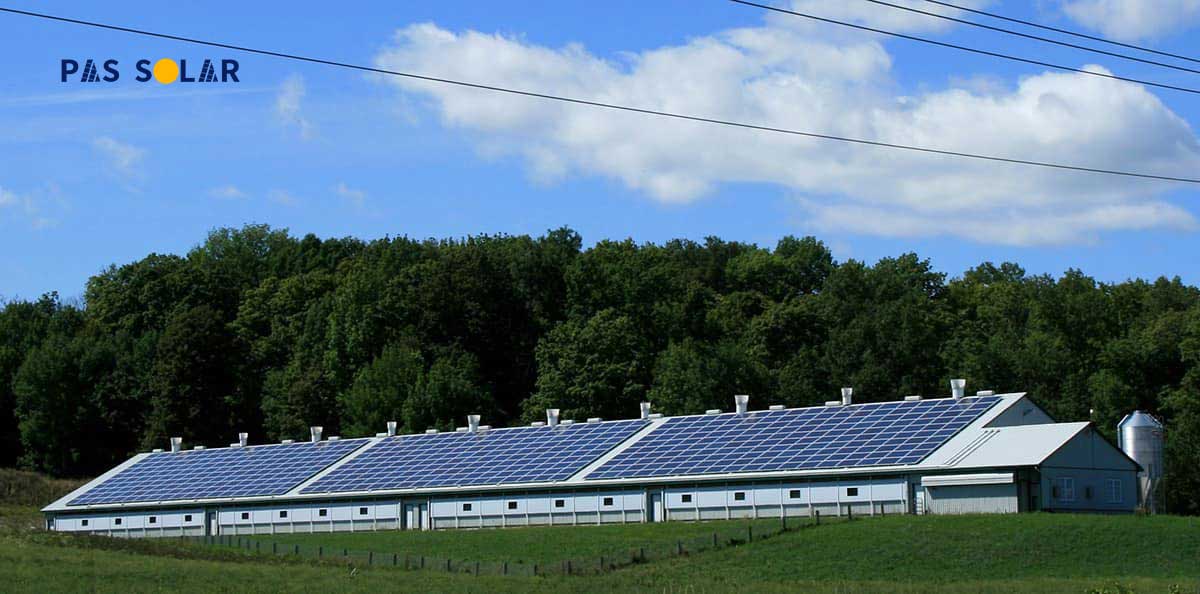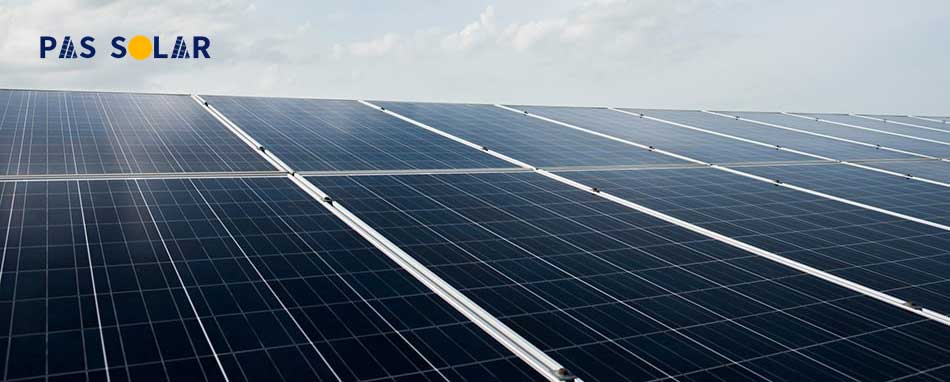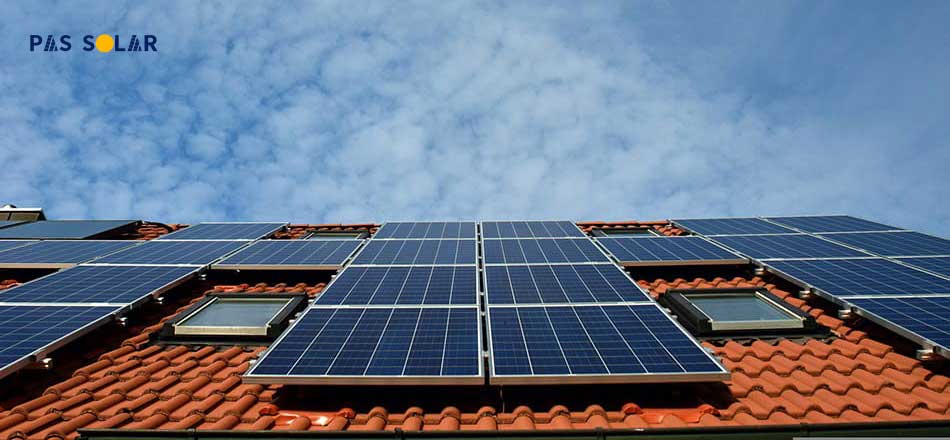In addition to saving you money on your energy bills, solar panels can also earn you cash, and that way they are worth the investment. And don’t worry, the panels can still produce some electricity on cloudy days, which is vital when the weather is as boring as watching paint dry. But with solar panel cost in uae about an average of $7,000, there are a few things you need to understand to determine if it’s worth it to buy and install solar equipment in Dubai.
Solar panel math is getting better
Since the price of energy has risen, generating solar energy and using it yourself provides much greater savings now than ever before.
Under the Smart Export Guarantee (SEG) scheme that was launched in January 2020, households are paid for the solar power they export. This is electricity that you generate, but do not use yourself, which is then pumped back into the national power grid. The previous feed-in tariff scheme was much more generous, with higher tariffs, and you were paid to generate power, even if you used it yourself.
However, if you have savings that you can use to pay for the panels like the Longi solar panels uae, with interest rates still relatively low, it’s worth it that you do the calculation, as the SEG scheme may work well for some.
The break-even point is approximately 11 years or more
The price of a typical 4.2-kilowatt peak solar panel system is around $7,000. According to figures from the Energy Saving Trust, someone living in the middle of the country, in a typical home, could take 11 to 15 years to recoup panel installation costs, based on upcoming October price guarantee rates. This depends on how much electricity you use and when you use it, and what you get paid under the Smart Export Guarantee.
To maximize your savings, use most of your electricity while generating it
While you currently pay approximately $0.3-kilowatt hour for electricity at a standard price-cap rate, you will be paid much less for the energy you store and export to the grid. So, try to shift most of your electricity use when you’re generating it during the day because unless you have a solar battery, you won’t be able to store it for later use. But you can always buy a solar battery and inverter to store and use the electricity you produce during the day. At Pas Solar, you can get the Solar inverter price in Dubai available on the market.
While it means you’ll be exporting less and getting paid less, you’ll be much better off overall since you won’t be paying as much for expensive energy.
If you are likely to move house in the next decade, it may not be worth it
As it typically takes about 15 years for a solar energy system to return its installation costs, if you’re considering a move, solar panels probably aren’t worth it. You’ll also need to buy DC cables again from a solar panel cables for sale in Dubai which is an unnecessary hassle.
While you could physically remove the panels from your previous house and install them in your new one, this could be expensive. Also, while you can still use what you generate yourself at your new address, you will no longer be paid for what you export to the grid.
It’s also worth noting that solar panel installations are tailored to each home, to fit the roof and positioned to optimize the level of sunlight they receive, so they probably won’t work as well anyway if they are installed at a different location.
Solar batteries are expensive, but they are worth it if you use a lot of electricity
A solar battery can store any excess energy generated by the solar panels that you are not currently using, instead of exporting it back to the grid. They’re not cheap: they cost around $2,200 for a three-kilowatt-hour battery.
However, the savings you make on your bills can be considerable. The price you get paid for each unit of energy you export to the grid is often much lower than the price you pay your supplier for electricity. So, from an economic point of view, it makes more sense to store the energy and use it yourself.
Another potential benefit of a battery is that it can increase the rate you get paid for exporting your electricity to the grid. Some companies will pay many times more than the standard amount if you buy certain types of batteries.
The battery isn’t just about what you generate yourself, either. If you have a flexible ‘time of use’ power tariff, with cheaper electricity at night, for example, you can charge the battery at cheaper times from the grid and use it to power your home during the more expensive hours, which means buying solar panels like the JA Panels is worth the investment.
But for most, the initial outlay will not be recovered quickly enough. The extra cost can add years to the break-even point: Solar Energy UK says you could typically add an extra five to 13 years, depending on the size of the battery and the system.
However, if you use a lot of electricity (for example, you have a large family and own electric cars) and use time-of-use rates to maximize your return on investment, a battery and an inverter might be worth thinking about.





